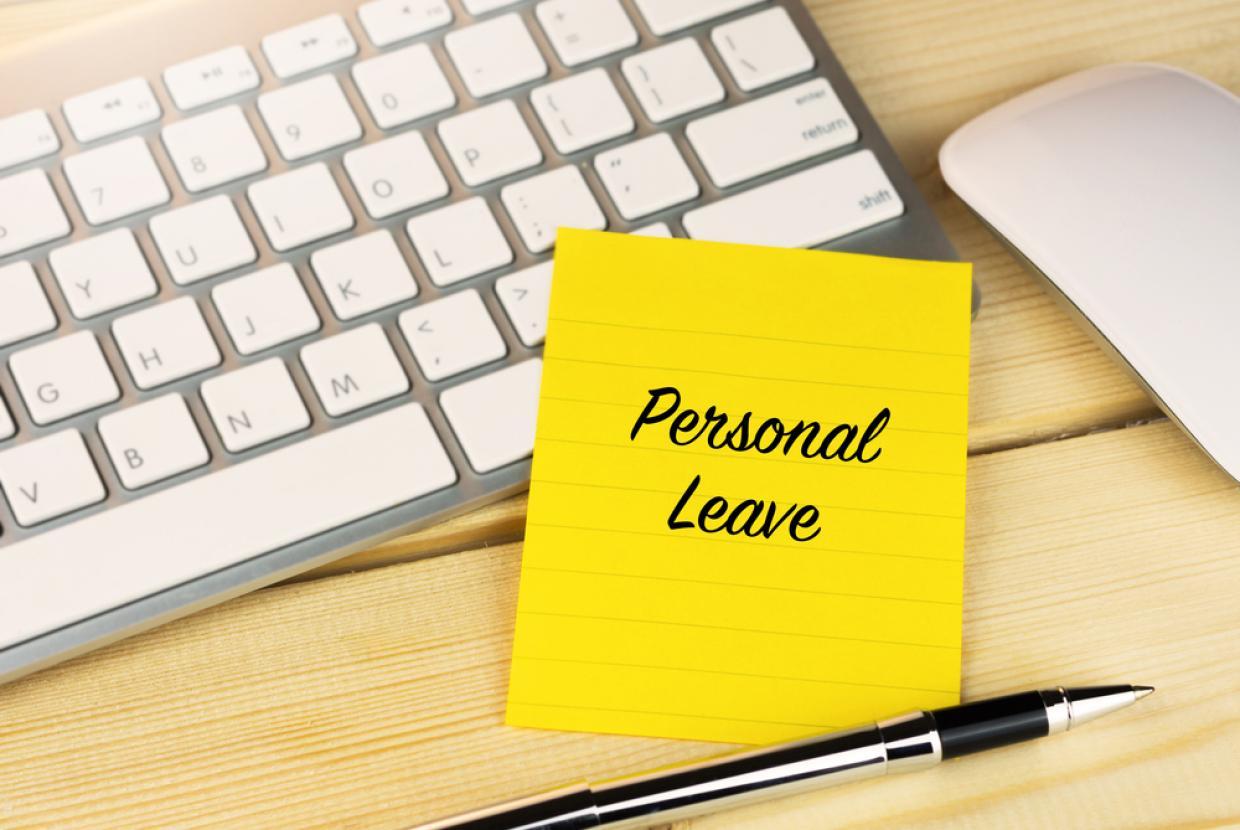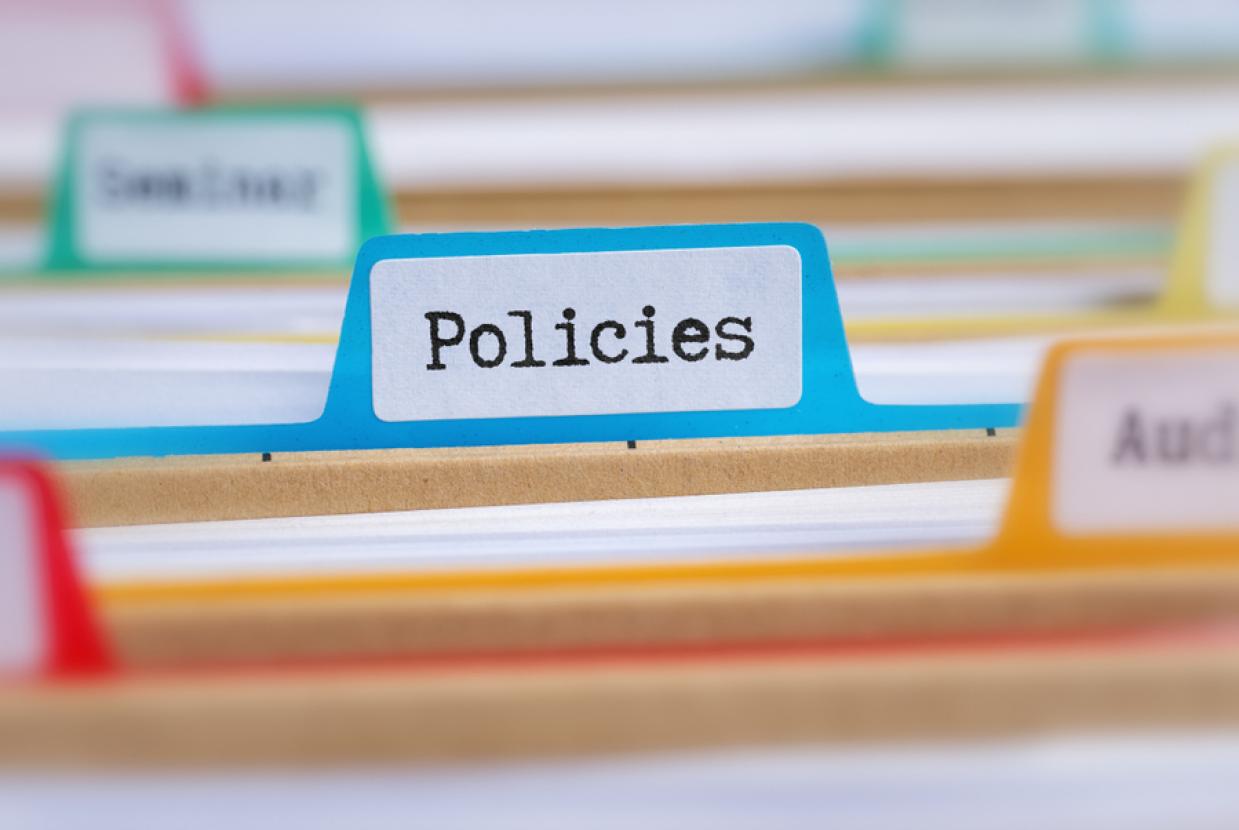Stress & Mental Health At Work And Home
A person can experience excessive pressure and demands outside work just as much as they can at work. Stressors at home can affect those at work and vice versa. It is difficult to control outside stressors, but you need to take a holistic approach to employee well-being. To manage work-related stress effectively, you need to recognise the importance and interaction of work and home problems.
Work-related stress is the adverse reaction people have to excessive pressures or other types of demand placed on them at work.
Mental health
Mental health is how we think, feel and behave. Common mental health problems are those that:
- are most frequent and more prevalent
- are successfully treated in primary care settings like GPs rather than by specialists such as Psychiatrists
Anxiety
Anxiety is an unpleasant feeling when you feel worried, uneasy or distressed about something that may or may not be about to happen.
Depression
Depression is when you have feelings of extreme sadness, despair or inadequacy that last for a long time.
Common Mental Health Problems (CMHP)
One person in four in the UK will have a mental health problem at some point in their life. While mental health problems are common, most are mild. The family doctor and primary healthcare team can usually deal with them without referring the person for specialist help.
Anxiety and depression are the most common mental health problems. Often these are a reaction to a difficult life event, for example moving house, bereavement, or problems at work.
CMHPs tend to be short-term and are generally treated by medication from a GP. The GP will review this treatment and if there is no improvement, consider referring to a specialist.
How CMHPs and work-related stress go together
Work-related stress and mental health often go together. The symptoms of stress and common mental health problems are similar, for example, loss of appetite, fatigue and tearfulness can be symptoms of both.
Work-related stress may trigger an existing mental health problem that the person may otherwise have successfully managed without letting it affect their work.
For people with existing mental health issues, work-related stress may worsen their problem. If work-related stress reaches a point where it has triggered an existing mental health problem, it becomes hard to separate one from the other.
How CMHPs and work-related stress are different
Common mental health problems and stress can exist independently. For example, people can have work-related stress and physical changes such as high blood pressure, without experiencing anxiety and depression. They can also have anxiety and depression without experiencing stress.
The key difference between the two is their cause and the way they are treated.
Stress at work is a reaction to events or experiences at work. CMHPs can arise through causes outside work for example bereavement, divorce, postnatal depression or a family history of the problem. However, people can have CMHPs with no obvious causes.
Organisations can manage and prevent stress by improving conditions at work. Doctors usually treat common mental health problems by prescribing medication. However, you and your managers have a role in making adjustments and helping the person to manage the problem at work.
Mental health problems
In practice, it can be hard to distinguish when ‘stress’ turns into a ‘mental health problem’ and when existing mental health problems become exaggerated by stress at work.
Many of the symptoms are similar to those that people experience when they are under considerable pressure; the key differences are in the severity and duration of the symptoms and the impact they have on someone’s everyday life.
Usually a general practitioner (GP) will make the diagnosis and offer treatment for example medication, talking therapies or a combination of both.
The majority of people with mental health problems are treated by their GP and most are capable of continuing to work productively. Evidence shows that employment can be of great benefit, both to the employer and to the employee.
Dealing with my mental health
If you already feel under pressure, it’s hard to distinguish when that ‘stress’ turns into a ‘mental health problem’ and when an existing mental health problem becomes aggravated by stress at work.
Many of the symptoms of stress and a mental health condition are similar; the key differences are in the severity and duration of the symptoms and the impact they have on your everyday life. The majority of people with mental health problems are diagnosed and treated by their GP and most continue to work productively. In fact, evidence shows that staying in work can be of great benefit to those affected.
Take action at an early stage
If you feel you have a problem the earlier you take action the better; early action can help prevent you becoming more unwell. Line managers and colleagues can also play a key role in identifying when you are behaving out of character, so be co-operative if your line manager approaches you.
Using ordinary management tools to identify problems and needs
It might be that certain tasks, work environments, times of the day or being part of a particular team is associated with your difficulties, If you feel you are having a problem raise it with your line manager, HR or someone else in the workplace. You could make use of the scheduled meetings, appraisals or informal chats about progress that you have with your manager; these may provide neutral opportunities to find out about and discuss any problems you have.Remember
- stress does not affect everyone in the same way
- your employer can make adjustments to ease your stress, but only if you give them a better understanding of your position
- discussions can be positive - working out how your employer can help
If you have had time off sick, you should discuss how you can return to work and integrate in advance of any return date. A documented plan that helps you both to agree when you have reached the stage of ‘business as usual’ can be valuable.
If you remain unwell despite support then you should seek appropriate help, consider asking to be referred to the organisation’s occupational health department if it has one or see your GP.
For more information, visit - www.hseni.gov.uk.






















































